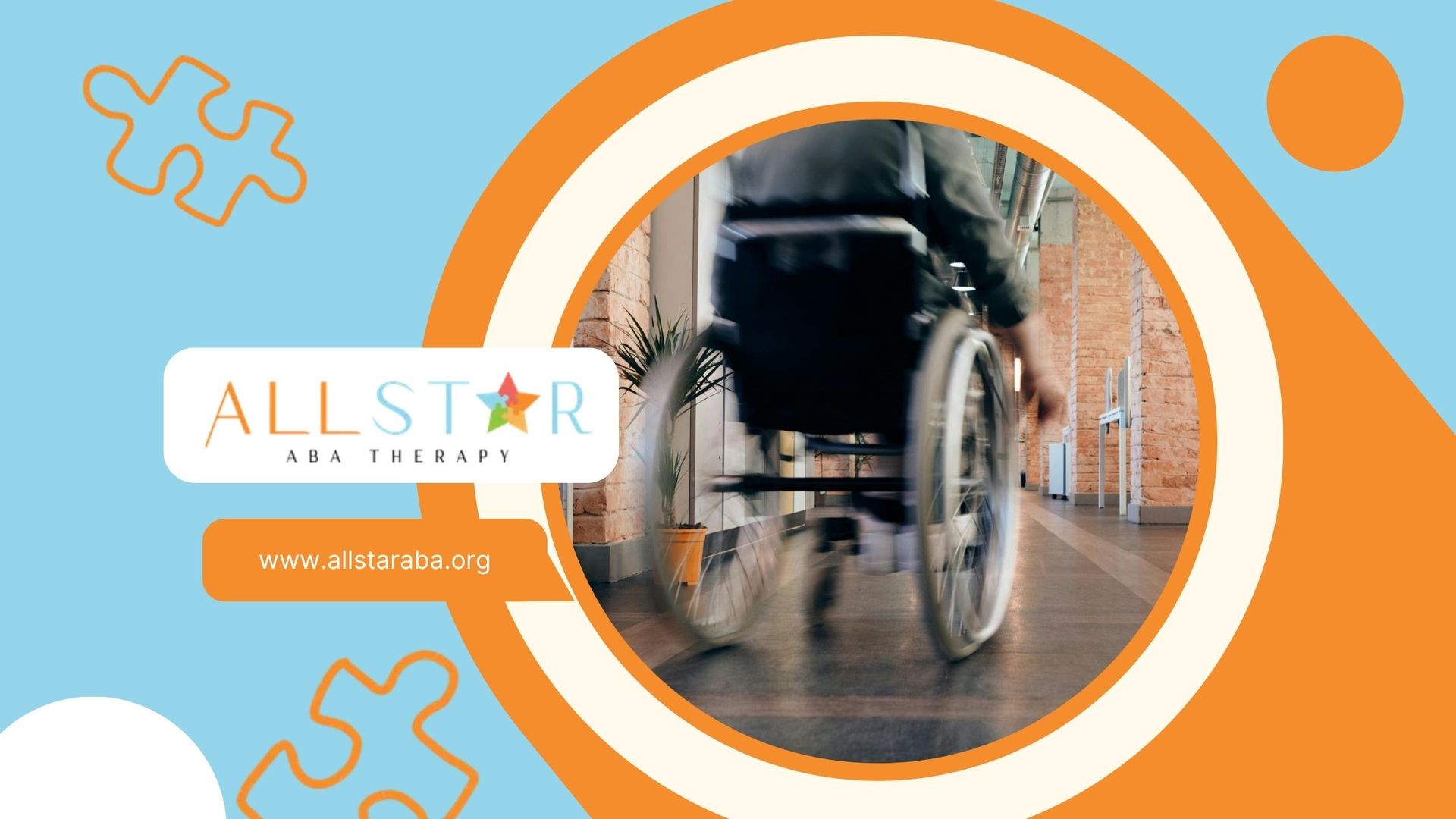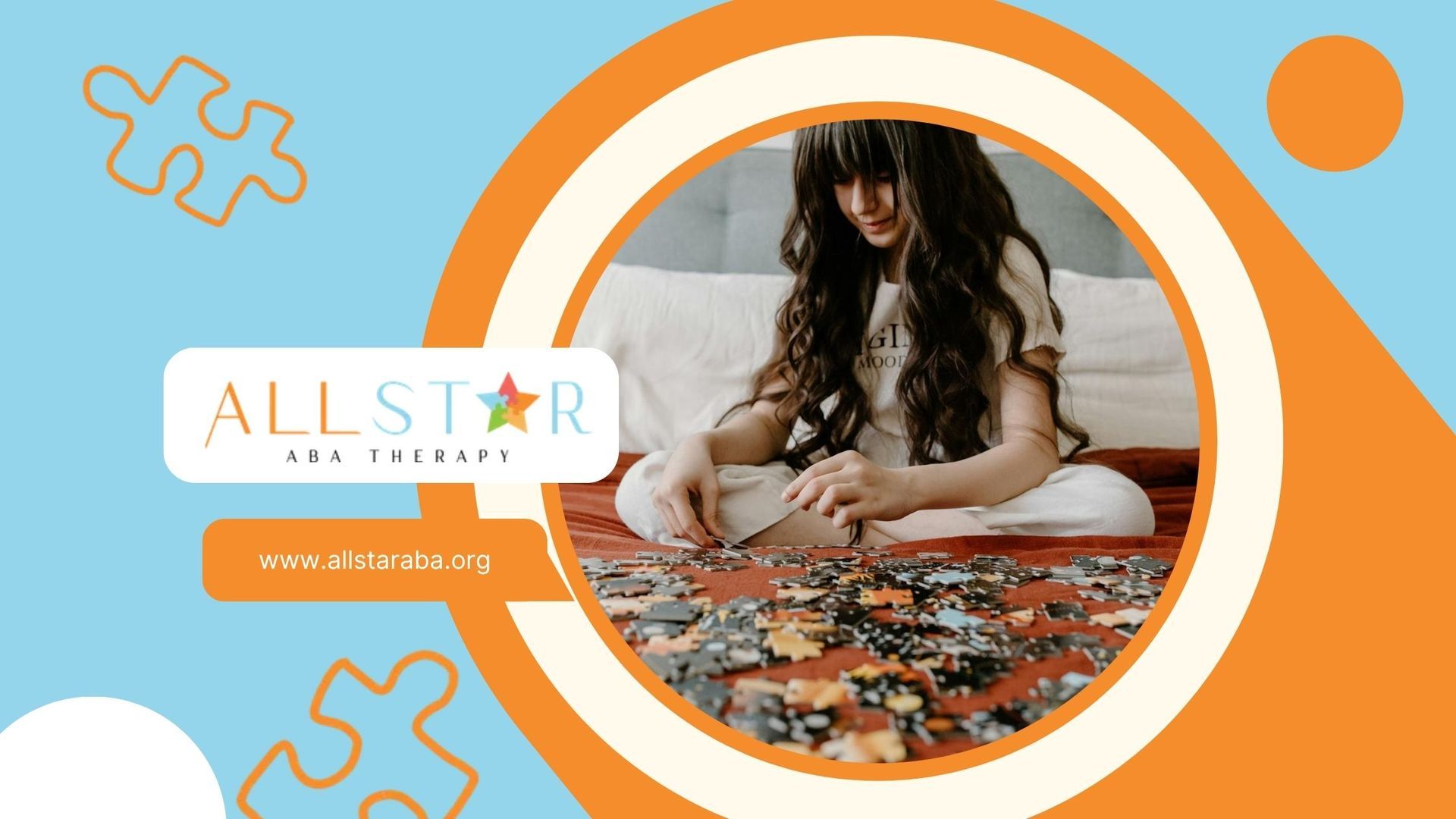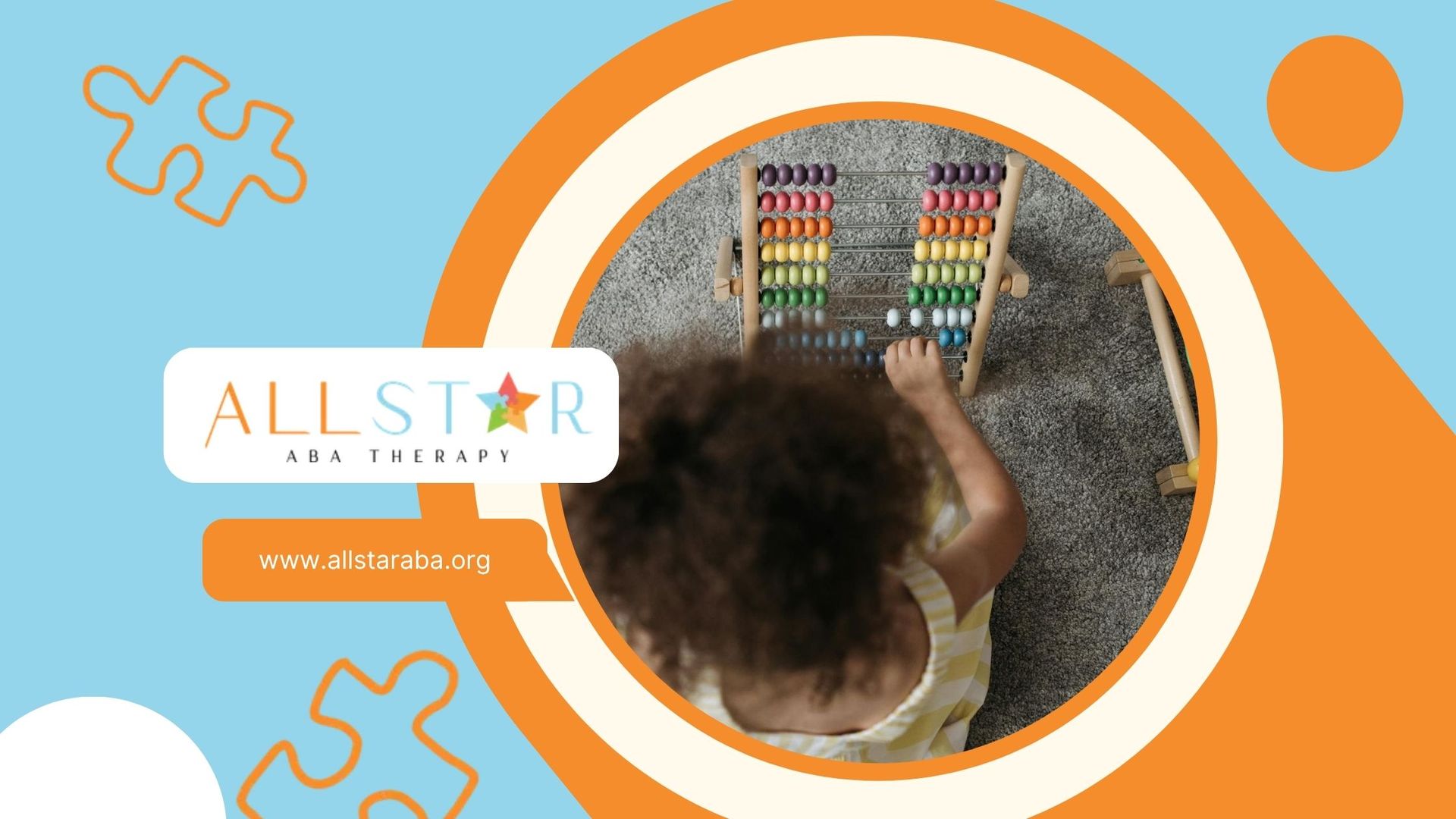New Paragraph
Therapeutic Retreats for Autistic Adults
Therapeutic Retreats for Autistic Adults
Therapeutic retreats for autistic adults offer a unique opportunity for personal growth, healing, and connection. These retreats are designed to provide a safe and supportive environment where individuals can explore various therapeutic approaches tailored to their needs.
Importance of Therapeutic Retreats
Therapeutic retreats serve as a vital resource for autistic adults seeking respite from daily challenges. They provide an opportunity to step back from the chaos of everyday life and focus on well-being. The immersive nature of these retreats fosters a sense of community and belonging, essential for emotional support.
Retreats like the Autsit experience focus on holistic well-being, incorporating meditation sessions that last up to two hours. These sessions emphasize the importance of slowing down and being calm, which is crucial for individuals with autism facing overwhelming situations. Participants often find that engaging in mindfulness practices helps them manage anxiety and promotes emotional stability.
The Autsit retreat also includes group activities such as hiking, which can help participants discover their inner strength and resilience. For example, one individual from the retreat hiked over 20 miles, highlighting the transformative power of nature and physical activity in fostering personal growth and empowerment.
Customized Therapy Approaches
Each retreat may offer customized therapy approaches tailored to the unique needs of autistic adults. This personalization can significantly enhance the effectiveness of the therapeutic experience. Various therapeutic options may be provided, such as:
| Therapy Type | Description |
|---|---|
| Meditation | Sessions focusing on mindfulness and relaxation techniques to reduce anxiety. |
| Animal-Assisted Therapy | Interactions with animals, which have shown to improve emotional well-being and social skills. |
| Nature Therapy | Engaging with natural environments to promote healing and self-discovery. |
By tailoring therapy to the individual, retreats can address specific challenges faced by autistic adults, such as social interaction difficulties and emotional regulation. This approach not only enhances the overall effectiveness of the retreat but also empowers participants to take charge of their mental health and personal growth.
For more information on retreat options, consider exploring our articles on autism-friendly retreats and retreats for autistic individuals. These resources can help autistic adults and their families identify suitable therapeutic retreats that meet their needs.
Effective Therapy Options
When considering therapeutic retreats for autistic adults, various therapy options can be highly effective in addressing the unique needs of autistic individuals. The following are three prominent therapy approaches: Applied Behavior Analysis (ABA) therapy, Cognitive Behavioral Therapy (CBT), and the benefits of Occupational Therapy.
Applied Behavior Analysis (ABA) Therapy
Applied Behavior Analysis (ABA) therapy is widely recognized as the gold standard in autism treatment. It focuses on a broad range of skills, including communication, socialization, and reducing challenging behaviors. Each ABA program is highly individualized, employing data-driven methods to teach new skills and minimize problem behaviors.
| Key Features of ABA Therapy | Description |
|---|---|
| Individualized Approach | Tailors programs to meet the specific needs of each individual. |
| Data-Driven | Uses observable data to track progress and adjust strategies. |
| Skill Development | Focuses on teaching communication, social, and daily living skills. |
For more information on autism-friendly retreats, visit our page on autism-friendly retreats.
Cognitive Behavioral Therapy (CBT)
Cognitive Behavioral Therapy (CBT) is another effective option for individuals with autism, particularly those experiencing anxiety, obsessive behaviors, or depression. CBT equips individuals with practical tools to manage emotions, reduce anxiety levels, and develop coping strategies. This structured approach also teaches emotional regulation and improved behavior.
Research indicates that CBT-based interventions have led to notable improvements in social functioning, social skills, interactions, responsiveness, empathy, and reductions in social anxiety and loneliness among high-functioning autistic adults.
| Benefits of CBT | Description |
|---|---|
| Anxiety Reduction | Helps manage anxiety through structured techniques. |
| Emotional Management | Teaches emotional regulation strategies. |
| Enhanced Social Skills | Improves social interactions and reduces feelings of loneliness. |
For insights into specific autism retreats for adults, check out our page on autism retreats for adults.
Occupational Therapy Benefits
Occupational therapy plays a crucial role for individuals with autism, especially for those who struggle with sensory processing disorders, fine and gross motor skills, and daily living activities. Occupational therapists focus on enhancing independence and improving overall quality of life.
Key benefits include:
| Occupational Therapy Benefits | Description |
|---|---|
| Sensory Processing | Assists individuals in managing sensory experiences effectively. |
| Motor Skills | Aims to improve both fine and gross motor skills through targeted activities. |
| Daily Living Skills | Enhances the ability to perform everyday tasks independently. |
For more details on retreats specifically designed for autistic individuals, explore our section on retreats for autistic individuals.
These therapy options are integral to promoting well-being and enhancing the quality of life for autistic adults at therapeutic retreats. Each approach can be adapted to fit the unique needs of individuals, ensuring a supportive and effective therapeutic experience.
Personalized Therapy Considerations
Creating an effective therapeutic experience for autistic adults requires a personalized approach. This section discusses the significance of tailoring treatment plans and the crucial role of family involvement in therapy.
Tailoring Treatment Plans
Therapy for autism must be customized to meet individual needs, as autism symptoms vary widely among individuals. Treatment plans should be comprehensive and specifically designed to address the unique challenges faced by each person.
Key components of a tailored treatment plan may include:
| Component | Description |
|---|---|
| Assessment | Evaluates the individual's strengths and weaknesses to inform therapy goals. |
| Goals | Establishes specific, measurable objectives to work towards during therapy. |
| Strategies | Incorporates various methods like social skills training, vocational counseling, and mindfulness practices to manage sensory sensitivities. |
Therapists must employ a range of strategies tailored to the individual's specific needs and life goals. This holistic and dynamic approach ensures that therapy addresses various aspects of life, including social skills, personal independence, and overall well-being.
Family Involvement in Therapy
Family participation in therapy is crucial for effective outcomes. The support of family members creates a nurturing environment that enhances the potential for success.
Involvement can take various forms:
| Involvement Type | Benefits |
|---|---|
| Active Participation | Family members can learn strategies to support the autistic individual during therapy sessions. |
| Communication | Open dialogue among family members about goals and progress fosters a supportive atmosphere. |
| Support Network | Understanding family members contribute to a community that values neurodiversity, enhancing therapy effectiveness and quality of life. |
By incorporating family into the therapeutic process, individuals can benefit from a strong support system, helping them thrive in all aspects of life. For more information on suitable options, check out our resources on autism-friendly retreats and sensory-friendly retreats for autistic adults.
Impact of Therapy on Autistic Adults
Therapeutic retreats for autistic adults provide an environment conducive to personal growth and development. These retreats focus on various therapeutic modalities, which contribute significantly to improving social functioning and developing effective coping strategies.
Social Functioning Improvements
Therapy plays a crucial role in enhancing social skills and interactions among autistic adults. Cognitive Behavioral Therapy (CBT) and specific programs like PEERS YA and ACCESS have shown promising results in this regard. These interventions lead to improvements in social skills knowledge, social engagement, and empathy, while also decreasing social anxiety and loneliness.
The table below summarizes key improvements reported from these therapeutic interventions:
| Improvement Area | Description |
|---|---|
| Social Skills Knowledge | Enhanced understanding of social norms |
| Overall Social Skills | Better interaction and communication abilities |
| Empathy | Increased ability to understand others' feelings |
| Social Anxiety | Decreased levels of anxiety in social situations |
| Loneliness | Reduced feelings of isolation |
Coping Strategies Development
Therapeutic retreats also focus on developing coping strategies that empower autistic adults to navigate daily life more effectively. CBT interventions have led to increased coping self-efficacy, adaptive behaviors, and self-determination skills. These enhancements significantly impact their ability to engage in various activities and manage challenges effectively.
The benefits of these coping strategies are reflected in the following areas:
| Coping Strategy Area | Impact |
|---|---|
| Coping Self-Efficacy | Enhanced confidence in handling challenges |
| Adaptive Behaviors | Improved ability to adjust to new situations |
| Self-Determination Skills | Greater independence in decision-making |
| Anxiety and Depression Relief | Reduced symptoms of anxiety and depression |
By participating in therapeutic retreats, autistic adults can experience substantial improvements in both social functioning and coping strategies, ultimately leading to enhanced quality of life. For more information on suitable retreats, consider exploring autism retreats for adults and sensory-friendly retreats for autistic adults.
Retreat Ideas for Autistic Adults
Finding the right therapeutic retreat can be a transformative experience for autistic adults. Here are two notable retreat ideas that cater to their unique needs.
Autsit Retreat Experience
The Autsit retreat, led by Zen Buddhists Anlor Davin and Gregory Yates, focuses on helping individuals with autism achieve physical, emotional, mental, and spiritual fulfillment. This retreat offers meditation sessions lasting up to two hours, allowing participants to slow down and concentrate on their well-being. These sessions are especially beneficial for individuals with autism, as they often face chaos and overwhelming situations in daily life.
The retreat also includes group hikes, which promote self-discovery and resilience. One participant reported hiking over 20 miles, emphasizing gratitude, perseverance, and personal strength in the process. The combination of nature, meditation, and self-reflection leads to significant personal growth and empowerment for those on the autism spectrum.
Animal-Assisted Therapy Programs
Animal-assisted therapy programs provide unique opportunities for autistic individuals to engage with animals in therapeutic settings. These programs utilize the bond between humans and animals to promote emotional healing and skill development. For instance, the Stables Autism Program incorporates animal therapy to help residents apply skills learned during therapy sessions in real-world contexts.
Engaging with animals can reduce anxiety, enhance social skills, and improve overall well-being. Such programs often include hands-on activities, like grooming and caring for animals, which can foster a sense of responsibility and connection. By participating in animal-assisted therapy, autistic individuals can experience the benefits of companionship, emotional support, and a calming presence.
These retreat ideas, including the Autsit retreat experience and animal-assisted therapy programs, offer valuable opportunities for autistic adults to rejuvenate and recharge, ultimately improving their quality of life. For more options, check out our lists of autism-friendly retreats and sensory-friendly retreats for autistic adults.
Mindfulness-Based Interventions
Mindfulness-based interventions have gained attention for their potential benefits in supporting the well-being of autistic adults. These approaches focus on enhancing awareness and acceptance of the present moment, which can lead to improved mental health and emotional regulation.
Mindfulness Benefits for Autistic Adults
Mindfulness practices can provide several advantages specifically tailored for autistic individuals. Research has indicated that these interventions can significantly reduce stress and anxiety levels, which are common challenges faced by autistic adults. A systematic review highlighted mindfulness as an emerging evidence-based approach to improve mental health outcomes.
| Benefits of Mindfulness | Description |
|---|---|
| Stress Reduction | Mindfulness techniques help manage stress, allowing individuals to feel more relaxed. |
| Improved Emotional Regulation | Participants often report better control over their emotions and reactions. |
| Enhanced Focus | Mindfulness can improve concentration and attention, which is beneficial for daily tasks. |
| Reduction in Anxiety | Studies show significant reductions in anxiety symptoms among participants engaging in mindfulness programs. |
A recent study found that adapted group mindfulness-based cognitive therapy for autistic adults led to reductions in depression, anxiety, and rumination, with symptom improvements maintained at follow-up.
Mindfulness and Mental Health Effects
The mental health benefits of mindfulness extend beyond just stress relief. A feasibility trial conducted in the USA indicated that standard mindfulness-based stress reduction (MBSR) programs, with minor adjustments for autistic adults, were effective and appropriate. This highlights the adaptability of mindfulness practices to meet the specific needs of autistic individuals.
| Mental Health Outcomes | Impact of Mindfulness |
|---|---|
| Anxiety | Self-reported symptoms improved significantly during mindfulness interventions. |
| Depression | Participants showed reductions in depressive symptoms post-intervention. |
| Rumination | Mindfulness practices helped decrease constant worrying and negative thought patterns. |
A feasibility study comparing asynchronous mindfulness programs to online cognitive behavioral therapy (CBT) reported that 88% of participants completed the mindfulness program. The improvements in self-reported anxiety symptoms were sustained at follow-up, indicating long-term benefits of mindfulness practices.
Incorporating mindfulness into therapeutic retreats for autistic adults can thus provide a supportive framework for enhancing mental health and well-being. For more information on suitable retreats, check out our resources on autism-friendly retreats and retreats for autistic individuals.
Need Support?
We're Here to Help!
Our experienced team is ready to assist you. Reach out today to discuss how we can support your child's development and well-being.
Get started with expert ABA therapy today.








